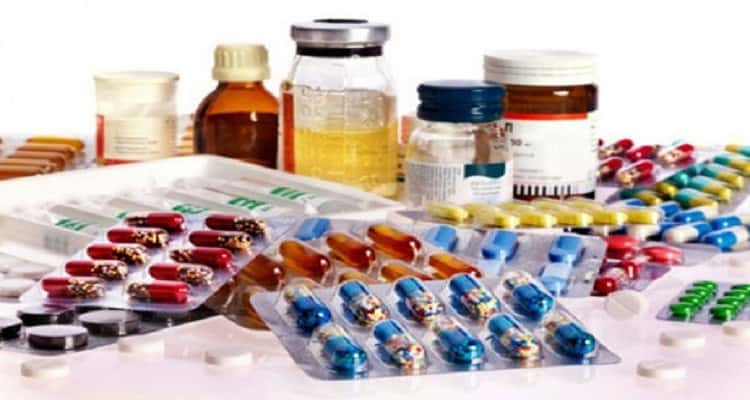Counterfeit products 25-30 per cent of the market in India, reveals ASPA and CRISIL report
The report is based on an independent survey conducted with consumers and retailers covering 12 Indian cities to gauge their perception of counterfeiting in several key sectors
Counterfeiting activities are impacting the sustainable growth of the major industries in India, including pharmaceuticals, FMCG, automotives, apparel, consumer durables/electronics and agri products, according to a new report released by the Authentication Solution Providers’ Association (ASPA) and the Credit Rating Information Services of India Limited (CRISIL). The report is based on an independent survey conducted with consumers and retailers covering 12 Indian cities (Delhi, Agra, Jalandhar, Mumbai, Ahmedabad, Jaipur, Indore, Kolkata, Patna, Chennai, Bengaluru and Hyderabad) to gauge their perception of counterfeiting in several key sectors.
A finding of the survey was that consumer perception pegged the extent of counterfeiting at 25-30 per cent of the market, higher than the general industry expectations. Counterfeiting is the most prevalent in FMCG, apparel and agro-chemical sectors (approximately 30 per cent), followed by the pharmaceutical, automotive and consumer durables sectors (20-25 per cent). The survey also reveals that almost 89 per cent of consumers acknowledge the presence of fake products in the market and are often compelled to buy counterfeits for reasons such as sensitivity to price, demand-supply gap, desire to buy luxury brands, peer pressure and social motivations.
However, nearly 27 per cent of the consumers were unaware that the product was counterfeit at the time of purchase, making it more important to spread awareness about the issue and identification methods in fighting fakes. Apparel (31 per cent), FMCG (28 per cent) and automotives (25 per cent) are the top segments where consumers came across a counterfeit product, followed by pharmaceuticals (20 per cent), consumer durables (17 per cent) and agrochemicals (16 per cent). Even after discovering that the product is fake, consumers take close to negligible action about reporting it.
Sharing the insight on the report, Nakul Pasricha, President, ASPA, said, “Illicit goods trade stood at Rs 2.6 trillion in FY 2019-20 in India and affecting almost all sectors. It is on the rise and heavily bleeding the country, industry and consumers by large. An aware consumer holds the power to fight this menace; however, we must enhance consumer awareness about this issue. Consumers play the most crucial role in fighting against fakes. When many consumers are unaware of the actual threat from counterfeits, the country will never be able to harness the strength of active consumer participation in curbing the sale of fake products in the market.”
Suresh Krishnamurthy, Senior Director, CRISIL Market Intelligence and Analytics, said, “Counterfeiting is not limited to high-end luxury items. Even common items, from cumin seeds to cooking oil and from baby-care items to medicines, are increasingly reported as counterfeit. An important finding of the survey was that consumer perception pegged the extent of counterfeiting at 25-30 per cent of the market, higher than the general industry expectation.”
Talking about what India can do to curb this menace, Pasricha added, “The country requires a comprehensive, proactive and holistic counter approach. We need to make a significant change in increasing awareness, implementing authentication solutions, supporting these with robust track and trace infrastructure and securing the supply chain against criminals. Since its inception, ASPA has made good progress in creating momentum in the fight against fakes in India, and we are committed to strengthening this momentum.”



The site is very rich in important and valuable information.